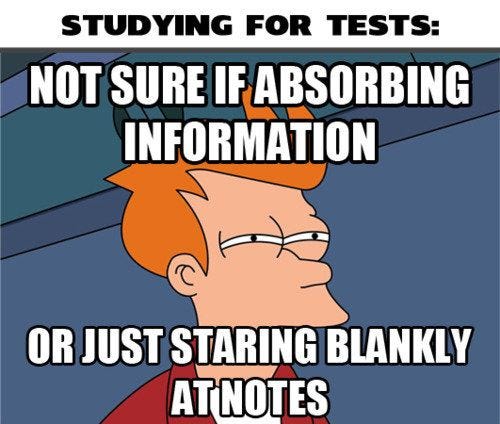By Kloe Norris
Introduction
When people first get to college, most kids do not know how to study. Some kids come into college homeschooled, some did not go to a public school while others went to a school where they did not have to study for hard tests/exams. Incoming freshmen wanting to go to college are blindsided when it comes to how much studying really affects how well someone does in college. Coming to college has made me realize how much studying you have to do. Knowing how to study the right way is something that has helped tremendously while being in college. College is a scary thing but knowing how to study the right way and pass your classes will make college so much easier in the future.
The Spacing Effect and how it works
Just hearing the word Spacing effect when it comes to studying may scare some students off and they will probably look past it like it is nothing, but it is very important. The Spacing Effect, when it comes to studying, is one of the earliest discoveries in human learning (1). It is proven that if a student spaces out their studying and processes what they are learning, they will remember and learn the information and memorize it better (1). For example, if you have a big exam coming up, it is better for you to take breaks throughout the time you are studying to help understand the information more.






